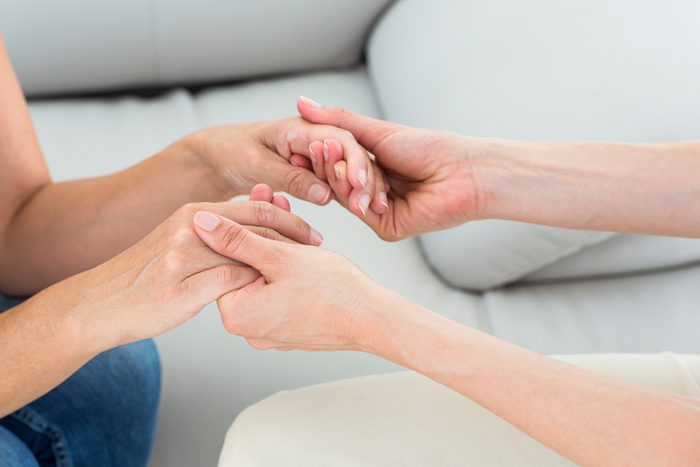
A Different Approach to Addiction Treatment
There’s probably a 90 percent chance that those who have an addiction will be directed to an Alcoholics Anonymous (AA) meeting and receive a sponsor. Although AA provides solid groundwork for treatment of addiction and the “12 steps” lead many in the right direction, they are not always enough to help a person move toward recovery.
Anyone who has ever felt like there might be another way or is interested in evolving or open to new things could benefit from this holistic/somatic approach that’s grounded in cutting-edge neuroscience. Here are three reasons why you should try a holistic approach to treat an addiction problem.

1. Holistic Therapy Focuses on the Patient’s Physical and Emotional Trauma
AA is based on cognitive behavioural therapy (CBT), a form of talk therapy that helps the person recognize negative thinking so they can adapt and respond to challenging situations in a better way. This approach to addiction treatment relies on the left hemisphere of the brain to outperform the right. So although it’s often effective in reducing negative symptoms, it doesn’t address the body, the nervous system or trauma.
What’s different about holistic/somatic approaches is that they integrate both hemispheres of the brain into the healing process. Given that substance abuse and trauma/post-traumatic stress disorder (PTSD) are often concurrent disorders, it is important to address both mind and body when treating addiction. Even if the person is not diagnosed with PTSD, there is a high likelihood that trauma is in their background.
By working with cognition and the nervous system together, it encourages stimulation of both sides of the brain, which increases brain function and decreases physiological imbalances. Symptoms of substance abuse and other possible addictions (gambling, sex, retail, digital, etc.) begin to fall away rather than be tamed and become suppressed in one hemisphere of the brain.

2. Holistic Addiction Treatment Helps Heal the Nervous System
Certain psychotherapeutic methods intentionally focus on a person’s thoughts, words and actions in correlation with their body (nervous system) responses. These methods may include techniques like eye movement desensitization and reprocessing (EMDR). EMDR uses eye movement, kinetics (touch, tapping) and bilateral stimulation to send information from one side of the body to the other (left-right). Ultimately, this helps the brain reprocess how it relates to traumatic memories from the past. The technique does not erase memories but rather helps people relate to memories without evoking a reaction in their nervous system.
Overall, these psychotherapeutic methods help connect right-brain experiences (past or present) with left-brain intelligence. The nervous system integrates with the thoughts and beliefs of the mind to allow us to heal the root cause and help people find lasting change.

3. Individual Therapy is Important in Holistic Addiction Treatments
Holistic treatments may also use a combination of both group and individual therapy. Group therapy helps with community and connection. While group therapy is helpful, individual therapy allows a person to add individual work on top of group work which is especially helpful to facilitate healing when dealing with drama.
In individual therapy, the process can hone in on unique challenges. For example, a person might not feel comfortable speaking about in a group. And when someone does open up in group therapy, there are certain levels of work you can’t do in a group all the time. Instead, people need to reprocess individually, especially the deeper trauma work. Integrating family therapy is also important to support a client’s healing journey because the whole family is affected.
Recommended:
